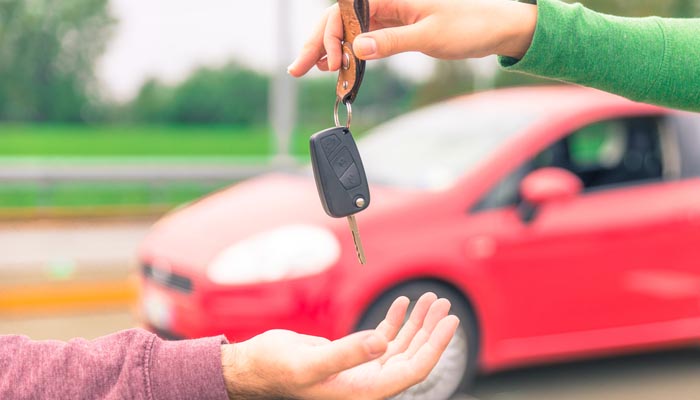Less Money to Spend

While there are other reasons as to why millennials aren’t spending money on cars and homes, one of the biggest reasons is because they have less money to spend. While salaries have increased over time, college costs have skyrocketed, so many young professionals now have tens of thousands of dollars in debt (if not more). Buying a vehicle may simply not fit into the budget.
Moving to City Centers

Regional migration shifts every few decades. Millennials are now moving away from the suburbs and rural areas to make downtown city centers home. With improved modes of public transportation, owning a car simply isn’t necessary and buying a condo in a major city likely is too expensive.
Spending Money Differently

More and more younger adults are prioritizing their money differently. Previous generations focused on buying a home and having children at younger ages. The current young population is waiting longer to do this in favor of traveling and taking in other life experiences (concerts, special events and activities, for example). To prioritize, they spend the money they would on car payments and insurance on these activities.
Building Startups

There are more and more startups now than ever before. With technology readily available to do just about everything at home, millennials are no longer just entering the workforce in a traditional sense but instead starting their own businesses. This costs money to startup so the money used on buying a house or car now goes towards the startup.
Fewer Chains

Business is more of a worldwide experience now more than ever before. This means a young professional may move multiple times in their professional career instead of settling down in the first city they land a job. For someone with a 30 year mortgage it is difficult to move across country (or internationally). When there are no homes or cars to worry about, a working professional can move just about anywhere in the world. Opting out of car and home payments reduces the amount of chains holding someone to a given location.
Alternative Options

oneinchpunch
There are new options for individuals who don’t want to own a vehicle. Between the cost of car payments, maintenance and insurance, an individual will likely pay several hundred dollars a month, and this is just for an inexpensive, used vehicle. Ride share services such as Lyft and Uber make it possible to hail a driver from just about anywhere, often for less than what a taxi costs. This makes it possible to go to the grocery store or another destination easily without having to own a vehicle. These alternative transportation options were not available to previous generations.
Changing Jobs

According to Forbes, the average young professional changes jobs once every three years or so. This means they need to be able to get up and move quickly. Buying large ticket items makes it difficult to do this, which includes homes and cars. The fewer big ticket items someone relies on the easier it is for them to take on new jobs.
Fewer Things, Less Worry

The more items someone owns the more they worry. Millennials are spending less on just about everything, from furniture to big ticket technology items because it often brings about more worry. This especially includes owning a vehicle. Someone who doesn’t own a vehicle will never have to worry about their car being stolen or towed or broken into.
Depreciate in Value

Younger people have more insights on investments and spending money now than any other generation. Due to this, it is possible to look up how an item depreciates in value as it ages. This is especially true when it comes to a vehicle. For every year and mile someone puts on a vehicle it goes down in value. Many young Americans are looking at this and using it as a reason to avoid buying a vehicle. Why purchase something that will go down in value as soon as it leaves the lot?
